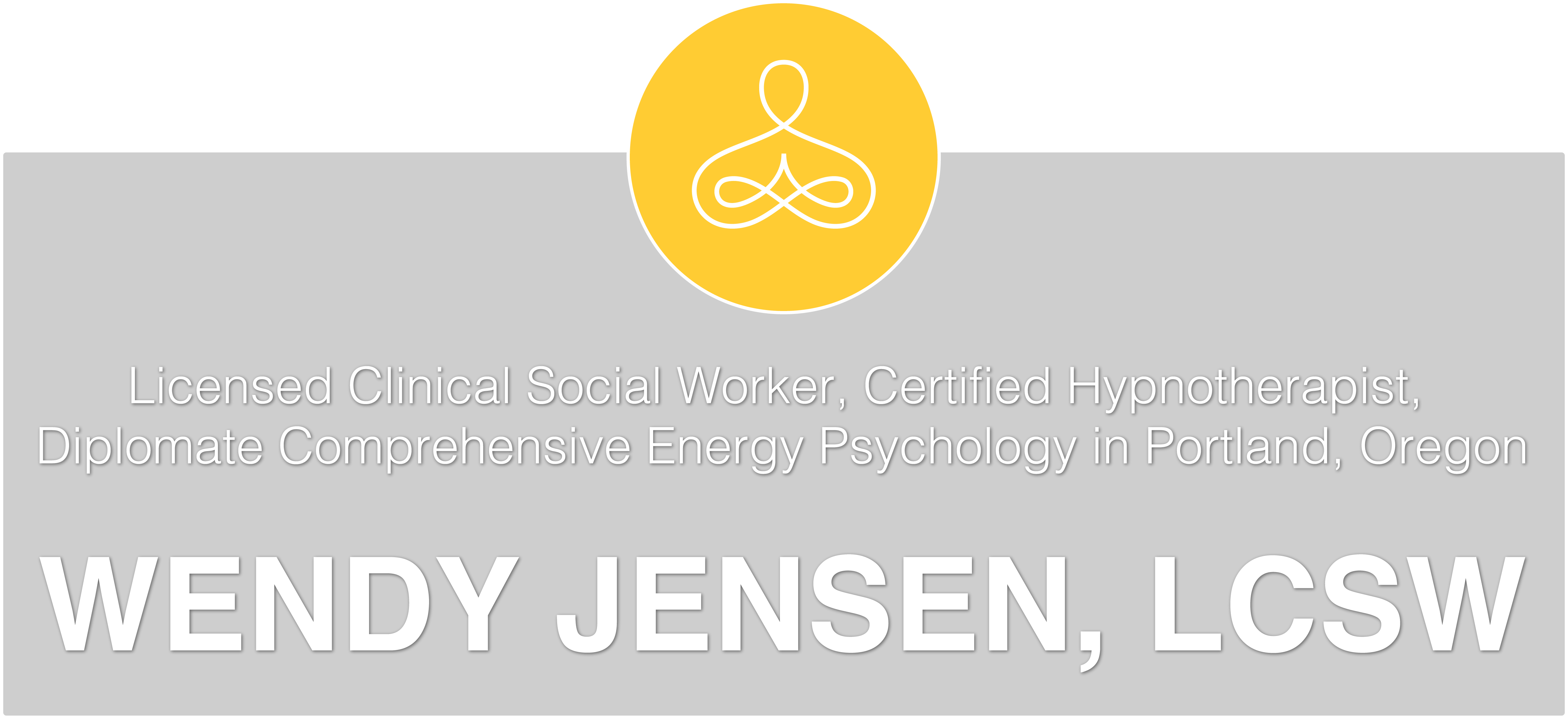Preparation for Medical Procedures
Millions of Americans undergo surgery every year for many reasons whether elective or in an emergency or necessity. For many of us, the thought of surgery can be fearful and nerve-racking to say the least, fraught with questions, doubts and uncertainties.
Thankfully for many people, surgery can be planned and is used as a last resort to treat diseases and illnesses like gall bladder pain, hernia problems and even cancer. Planning surgery often gives you needed time to prepare, which is an important step for a successful surgery and recovery. Research suggests that patients who prepare mentally and physically for surgery have fewer complications, less pain and recover more quickly than those who don’t prepare.
If you google how to prepare for surgery or any medical procedure, you will find hundreds of resources for what you can do physically to prepare for a medical procedure.
Some of these suggestions include:
- Stop smoking and avoid excessive alcohol.
- Eat a well-balanced diet including plenty of foods rich in vitamin C, which may help promote tissue healing.
- Stick to healthy foods. Your body needs good nutrition to fight infection and heal following surgery. This is NOT a time for dieting.
- Avoid dehydration. Drink at least six 8-ounce glasses of fluid per day, preferably water
- Avoid aspirin or other aspirin-like medications that interfere with blood clotting for five to seven days before your surgery, but be sure and discuss it with your health care provider before stopping any medication.
- Exercise regularly to build energy and maintain strength.
- Practice the post-operative exercises your doctor recommends. You will need to do them during and after your hospital stay
- Ready your home, including preparing food and rearranging furniture if necessary.
- If necessary, arrange for someone to take care of your children while you are in the hospital.
- Arrange for help at home after discharge, if you will need some time to recover.
However, Surgery also has an emotional impact. A woman who has heard, perhaps incorrectly, that a double mastectomy will ruin her sex life or leave her tired for months, for example, may become depressed, fearful or angry with her body. For some women, the anticipation of being hospitalized and separated from family members makes coping difficult. Even simple procedures done in a doctor’s office can provoke a strong reaction. Advances such as same-day surgery may make surgery more convenient, but they haven’t necessarily made it less stressful. Regardless of what kind of surgery you have, stress is involved. Hormones released in response to stress can cause symptoms ranging from headaches to high blood pressure. Stress hormones can also weaken the immune system and disrupt the body’s ability to manage pain and infection.
And lets not forget the emotional impact that previous medical procedures we have had on us. What I learned over the years is that the body stores all of its experiences of medical procedures, we had when we were young, whether they were positive or negative and then those stashed away memories often serve to make us either frightened or confident when it comes to needing medical intervention as an adult. Many people who have had negative experiences with medical procedures or personnel in the past can develop medical procedure anxiety.
A young child who had to have an IV that was painful due to having such tiny veins may develop a fear of needles after that for example. ..
Knowing what to expect after surgery is as important as knowing what to expect beforehand. Pain is an inevitable part of surgery. Pain is the body’s way of sending a warning to the brain that it has been damaged and needs attention. Although a normal reaction to surgery, pain can interfere with recovery by:
- causing you to suppress coughs, which can lead to a build-up of fluid in the lungs and pneumonia
- slowing the return to normal digestion
- preventing you from getting out of bed, raising the risk of blood clots
- increasing stress, depression, and anxiety
Studies have shown that the use of relaxation techniques: deep breathing, positive thinking and visualization—imagining or mentally seeing—a positive outcome from surgery and a quick recovery period, has increased healing 75% from those who did not use these techniques.. This is where I come in. I have been preparing people for successful surgery for over a decade. Ever since I, being terrified of having to have a hysterectomy at a younger age than most, decided that I needed to not only prepare myself physically, I needed to prepare myself emotionally and psychologically for the best possible outcome. I went in search for someone who could coach me through all the steps to prepare me for a successful outcome and came up with nothing. I found a guided visualization tape by BellaRuth Naparstek that I still use to this day. So because I was a mental health expert, I decided it would be up to me to be my own best therapist and figure out how to get my mind and body to cooperate with each other in my highest and best interest for a successful surgery and easy and pain-free recovery. I’m happy to report that I left the hospital four hours after surgery for hysterotomy being pain free and took very little pain meds during recovery. I was back to work within 2 weeks. Since that time, doctors, nurses and former clients have sent me multiple referrals for folks needing help to prepare for everything from back surgeries, knee surgeries, mastectomies, to dental procedures to gallbladder removal, to open heart surgery, and everything in between.
My belief is that we have to address those prior stressors/traumas/negative experiences and help them heal in order for those fears to reduce or disappear. And the good news is that those old traumas are just begging to be healed. Our bodies are always moving towards a state of homeostasis, or balance. Once we address those old wounds/traumas, then they no longer have invisible power over us and make us fearful of doing what we need to do to take care of our bodies. I do this through collecting information and stories of your previous medical experiences, working with you to uncover the old beliefs or traumas that your body is still hanging onto and then doing guided visualization, relaxation techniques, energy psychology techniques such as tapping, and hypnotherapy to connect with and release from those old stuck energies.
If you are reading this, you might relate to being afraid about an upcoming medical procedure. You may know the cause of your fear from previous negative experiences, or you may not and are curious about what feels like an irrational fear to you. I am passionate about helping people prepare physically, emotionally and psychologically for medical procedures that they are facing in the future. Let’s work together to get you ready, on all fronts, for as successful, pain-free and quick recovery from surgery that we can.
Contact me for a free 15-min consultation to see if this work might benefit you.

